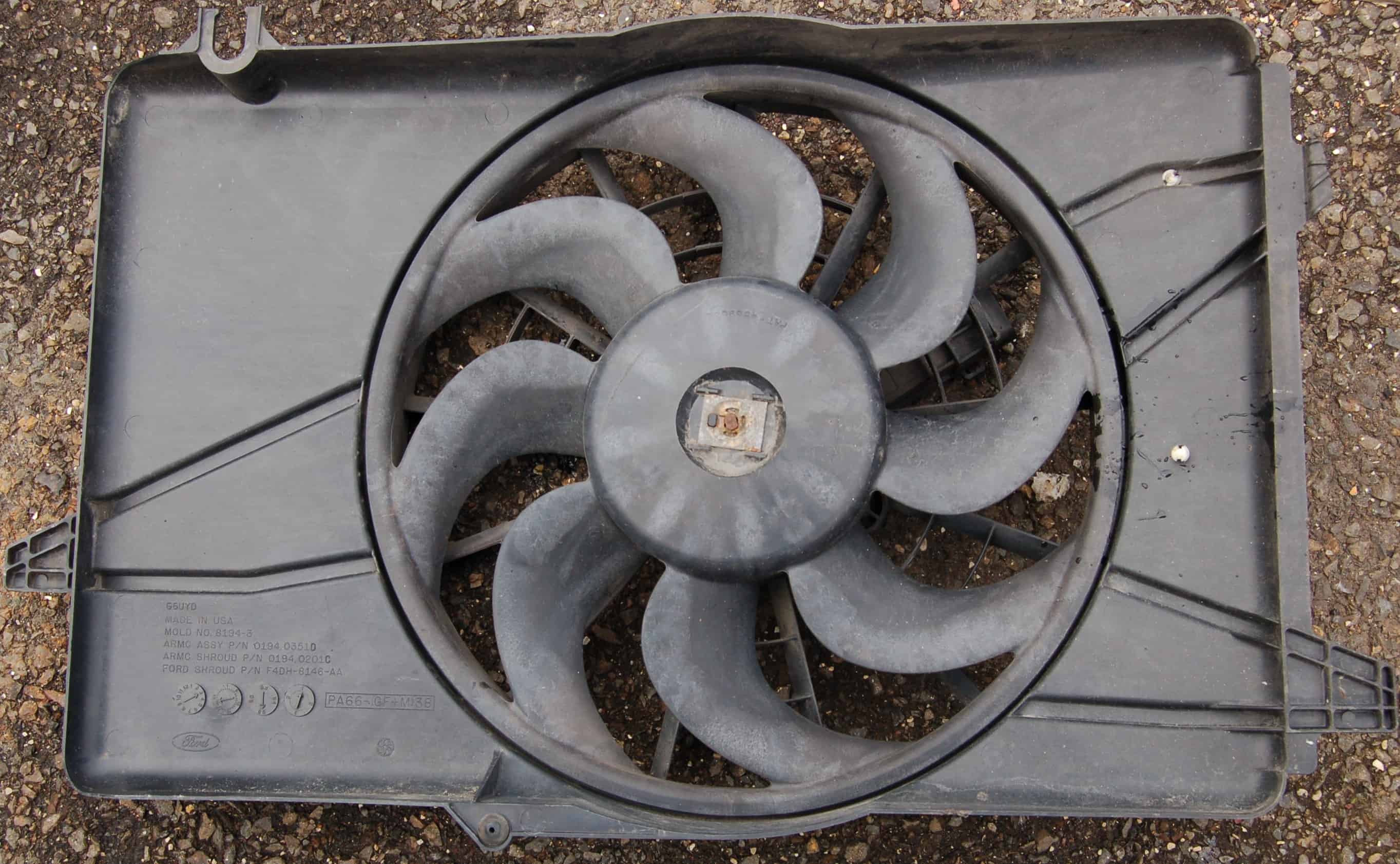Engine cooling fans-enough time?
Please be aware after January 1, 2018 a Section 609 certification card will be required to purchase R-12, R-134a, or R-1234yf cylinders of 2 pounds or more.
Distributors will be required to keep records of certified technicians purchasing refrigerant.
Click here to read the regulations on the EPA website.
Click here to learn about and obtain Section 609 certification from MACS Worldwide. Cost $20.
Click here to learn how to replace missing or lost Section 609 MACS or IMACA credentials. There is a $10 replacement fee.
If you are already Section 609 certified your credentials are good for life.There is no mandatory re-certification required by EPA, however the Section 609 training program was updated as of 1/1/2015 and includes information on the new refrigerant R-1234yf. If you’d personally like to expand your knowledge visit our website and download the study guide.
Click here to learn about EPA Fines for not being Section 609 certified see CAA fines. Maximum daily fine $44,539.
For more information call the MACS office at
215-631-7020 x 0 email us at info@macsw.org
Visit the full MACS website By Steve Schaeber, MACS Technical Editor
The hottest days of summer are the most taxing on an engine cooling system. Drivers run their air conditioners to stay cool, which makes the system work even harder, particularly when driving in humid or mountainous regions, or in city traffic. That’s why it’s not surprising to many technicians during this time of year when electric cooling fans continue to run, even after the ignition has been turned off.

If the computer detects high enough engine coolant temperatures, it may decide to run the fans for an extended period of time to help cool things down. Some algorithms will even cycle cooling fans on and off several minutes after the vehicle has been powered down. These are usually indicated by an underhood label, which states something like: “Fans may continue to run after engine has been turned off.” Or, “Caution: Electric fans may turn on or off at any time.”
Some customers don’t know this can be a normal part of the vehicle’s operating strategy, prompting questions that may lead to service visits to make sure everything’s working as intended.
These misunderstandings may also prompt unnecessary component replacement which was recently the topic of Volkswagen Technical Bulletin # 2022549 entitled: “Electric Coolant Fans Continue to Run after Ignition is Switched OFF.” Evidently VW has found that too often technicians are replacing electric cooling fans because they won’t turn off after what is considered to be enough time. It’s how long that time period lasts that seems to be the main concern. While some may think that the fan should turn off after only a few minutes, VW considers 15 minutes of extended cooling fan operation to be normal on certain gasoline-powered engines, and up to 16 minutes on diesels.
It makes sense that this could become a problem, considering that the level of detailed operating strategy is often not included in most service information systems. This leaves technicians at a disadvantage when diagnosing such operational issues when the system appears to be acting normally from one point of view, but not from another. Technicians know, for example, that many engine cooling fans continue to run when temperatures are high, but experience indicates they generally only remain active for a few minutes, maybe up to 5 at the most. Thus, when a manufacturer includes operating strategies similar to this into a vehicle’s programming, and the information is not made available at the service and repair level, unnecessary replacements such are often made.
To avoid this practice, technicians should begin by documenting the amount of time fans remain active after the ignition is turned off. After doing so, verify if the fans are turning off before the 15 or 16 minute time interval. If they do, it is considered normal operation, which should be explained to the customer. If they continue to run beyond the time limit, however, VW recommends using its GFF (guided fault finding) method for troubleshooting the system.
Do you like the information you’ve read here? There ‘s so much more to discover if you become a member of the Mobile Air Conditioning Society (MACS) Worldwide. Visit our webiste at www.macsw.org
